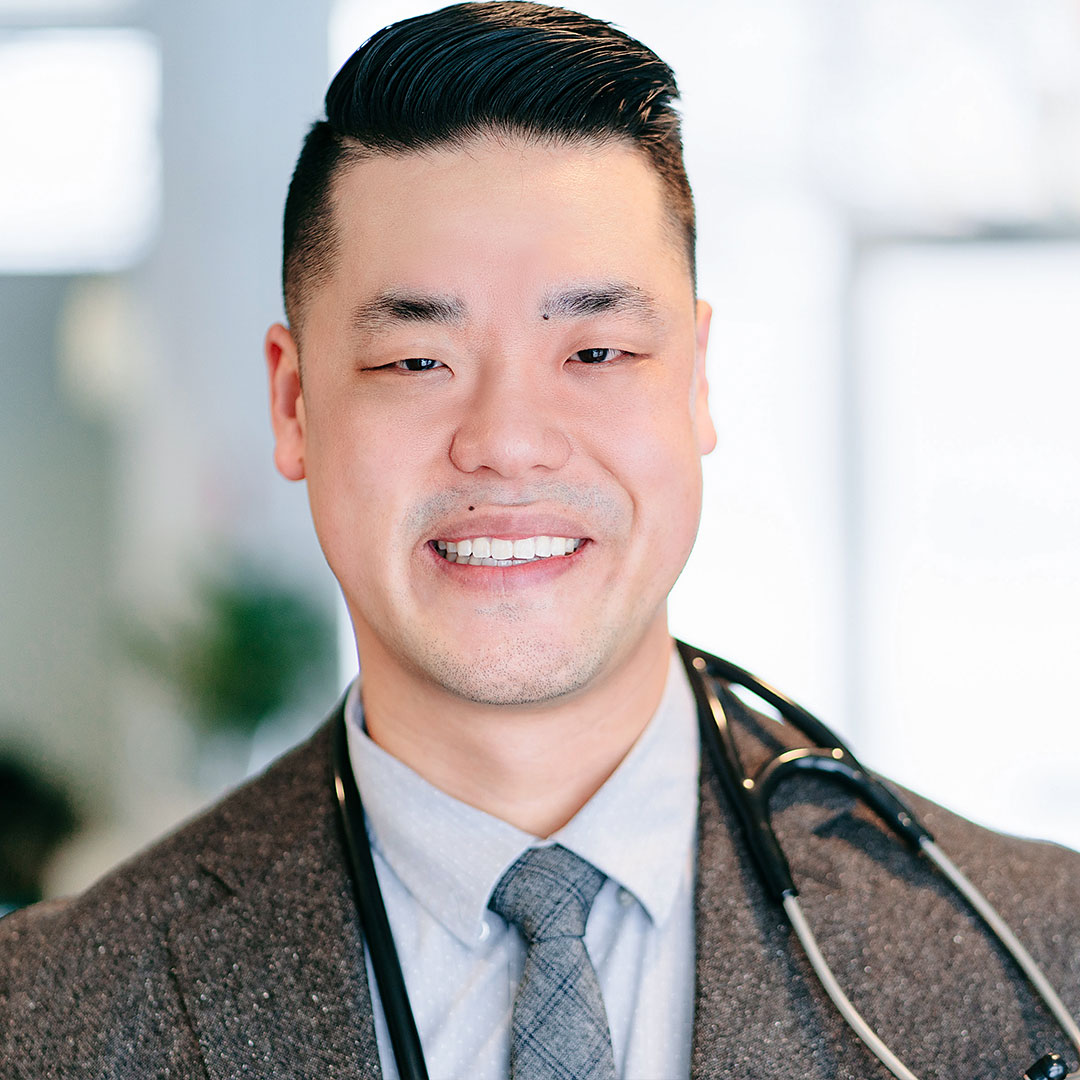Table of Contents
It’s 4:00 a.m. and she can’t sleep. Her freshman year is nothing like she thought it would be—financial worries, academic stress, and broken relationships. She needs to talk with someone, but who’s awake this early in the morning?
She remembers an app someone on campus mentioned, one that gives students free, 24/7 access to a behavioral health professional. Nervously, she downloads “TimelyCare” and clicks on “TalkNow.” Within minutes, she’s pouring her heart out to a certified professional who helps talk through the mental health struggles she’s experiencing. The behavioral health professional provides her with coping tools she can carry with throughout her college career.
“It felt better to be heard instead of silence, when I truly needed someone to talk to the most,” said the student.
This real story of a first-year student at Solano Community College in Fairfield, California, demonstrates a struggle more than half of students have during their college years. Thankfully, more students are using the growing number of available mental health services—which shows the evolution of the college mental health conversation among students.
What has changed in mental health for college students?
Research by the Healthy Minds Network in spring 2022 found that more than 50% of students met the criteria for one or more mental health conditions. And another study by Boston University, published in the Journal of Affective Disorders, analyzed data collected by the Healthy Minds Network from more than 350,000 students across 373 campuses from 2013 to 2021. Researchers found that depression among college students increased by nearly 135% over eight years.
That same study found:
- Anxiety surged by 110%
- Eating disorders increased at a rate of nearly 96%
- Non-suicidal self-injury increased by almost 46%
- Suicidal ideation rose by 64%
Even though the prevalence of mental illness is on the rise, the stigma of seeking help has declined. The number of students seeking help at campus counseling centers increased by 40% between 2009 and 2015. It continued to rise until the global pandemic began, according to data from Penn State University’s Center for Collegiate Mental Health (CCMH), a research-practice network of 700 college and university counseling centers. Of course, this increase has resulted in a shortage of trained professionals in colleges and universities—one certified counselor for every 1,000 to 2,000 students for small-to-moderate size schools and one certified counselor for every 2,000 to 3,500 students at universities.
Colleges and universities are allocating more resources for rapid access and assessment to address the increased workload of providers and keep students from slipping through the cracks. The goal is for students to walk in for same-day counseling services rather than be stuck on a waitlist. To that end, campuses are increasingly offering virtual resources to complement in-person counseling and support the mental health and well-being of college students.
What’s driving this change in the mental health conversation?
Though researchers tracked significant increases in anxiety and depression during the COVID-19 pandemic, numbers show a continuation of a troubling trend rather than a singular spike. Why? Beyond the pandemic, college students are also juggling an array of stressors—from coursework, relationships, and adjustment to campus life, economic strain, social injustice, and mass violence—all of which can lead to a loss of well-being and the development of mental health disorders and disabilities. Here are five of the leading mental health challenges for college students:
1. Depression
Depression is a mood disorder that involves persistent feelings of sadness, hopelessness, and loss of interest in previously enjoyable activities. People going through a depressive episode may experience mood swings, sleep disturbances, appetite changes, headaches, and body pains with no apparent physical cause. In fact, over 50% of adults who struggle with depression don’t receive treatment. Virtual care options can help lower the barrier to accessing care and receiving treatment for depression. In a Healthy Minds Study, 22% of college students screened positive for major depression and 41% screened positive for depression, making it one of the most common mental health conditions among U.S. college students.
2. Anxiety
3. Suicidal ideation and intent
Suicidal ideation is a pattern of thinking about or planning one’s death by one’s hand. Mental health professionals consider overwhelming or highly-detailed suicidal thoughts a mental health emergency. The Healthy Minds Study reported that 5% of student respondents died by suicide in the past year.
4. Eating disorders
Eating disorders cover a variety of conditions marked by major irregularities in eating habits and an intense preoccupation with one’s body image. These disorders can involve both food deprivation and binge eating, which may be followed by purging. Data shows that 11-17% of female students and 4% of male college students in the U.S. screen positive for clinical eating disorder symptoms. Eating disorders include:
- Anorexia nervosa: An unhealthy fixation on thinness, a distorted body image, and fears of gaining weight. This disorder commonly results in emaciation and has one of the highest mortality rates among mental health conditions.
- Bulimia nervosa: Recurrent and frequent episodes of eating enormous amounts of food, followed by behavior that compensates for binging, like purging, fasting, or overexercising.
- Binge eating: Constant cravings that occur any time of day and result in overeating. This disorder is often associated with poor body image and low self-esteem.
5. Substance abuse
Substance abuse describes a tangible pattern of physical and/or psychological dependence on one or more substances. This condition entails strong cravings and indulgence in substance misuse, despite knowing the risks and harms. According to the Addiction Center, one-third of U.S. college students report symptoms of alcohol misuse. And, research from the National Institute on Drug Abuse found 15% of male college students and 9% of female college students misused Adderall, a drug used to treat Attention Deficit Hyperactivity Disorder (ADHD). Other drugs commonly misused include marijuana, ecstasy, cocaine, and prescription painkillers.
Join the mental health conversation
As these mental health challenges continue to grow and getting help sheds its stigma, more students feel comfortable seeking help, including for low-level anxiety or depression that previous generations of students might have simply tried to ignore. That means higher education leaders need to consider creative approaches to handle the demand for increased services and support the mental health and well-being of students.
What do students need for mental health support?
As colleges and universities invest in solutions that address campus mental health concerns, the need for supportive peer networks has never been more important. According to a survey by TimelyCare, peer support tops the list of ways students plan to cope with their stress and anxiety. Another survey by the Born This Way Foundation and Mary Christie Institute found that 1 in 5 college students already benefit from peer counseling, with rates significantly higher among Black, transgender, and first-generation students.
Data confirms that young adults are more likely to seek help from their friends versus a mental healthcare provider or any other person in their lives. That’s why implementing a peer-to-peer program in the college setting is considered an effective practice by The JED Foundation (JED). Not only can peer-to-peer programs expand the network of individuals who can intervene before a mental health crisis occurs, but it also creates an environment in which students are modeling positive health behaviors that influence other students to practice self-care and seek help for themselves or a friend before a critical situation occurs.
Another effective strategy for addressing workloads and service availability is virtual telehealth. With its anytime-anywhere model, teletherapy is revolutionizing mental health support for college students. Its greatest strength, according to psychotherapists, is its ability to expand access while providing similar outcomes as in-person therapy, especially when performed by a licensed therapist.
Beyond cost and convenience, teletherapy has the potential to break down other barriers, especially for the most vulnerable groups of students (e.g., Black, Hispanic, Asian, LGBTQIA+). Underserved students often look for therapists with similar backgrounds, and teletherapy’s wide net of therapists can make that easier. Studies confirm that Black patients, for example, have better results when Black healthcare professionals treat them. And because there’s a direct correlation between health and representation, this leads to better health and fewer medical bills. Teletherapy also holds potential for students in rural areas, where clinicians and mental health care service shortages are the greatest and stigma against treatment is the highest.
In addition to these recommendations, The Clay Center for Young Healthy Minds offers several suggestions for making positive changes on college and university campuses.
1. Establish new educational platforms around mental health and illness
2. Increase access to mental health services
3. Work with college administrations to change the system
4. Support community forums
5. Promote means for increasing student well-being
TimelyCare is the leading virtual health and well-being solution for higher education. Its mission in the evolving college healthcare landscape is to improve the well-being of students by making virtual medical and mental healthcare accessible anytime, anywhere. TimelyCare’s virtual health and well-being platform includes a range of services, including mental health counseling, on-demand emotional support, medical care, psychiatry, health coaching, basic needs assistance, faculty and staff guidance, and digital self-care content. The platform provides these services to students at no cost, with no insurance required.
Contact TimelyCare to join the conversation about the mental health and well-being of the college students on your campus.






